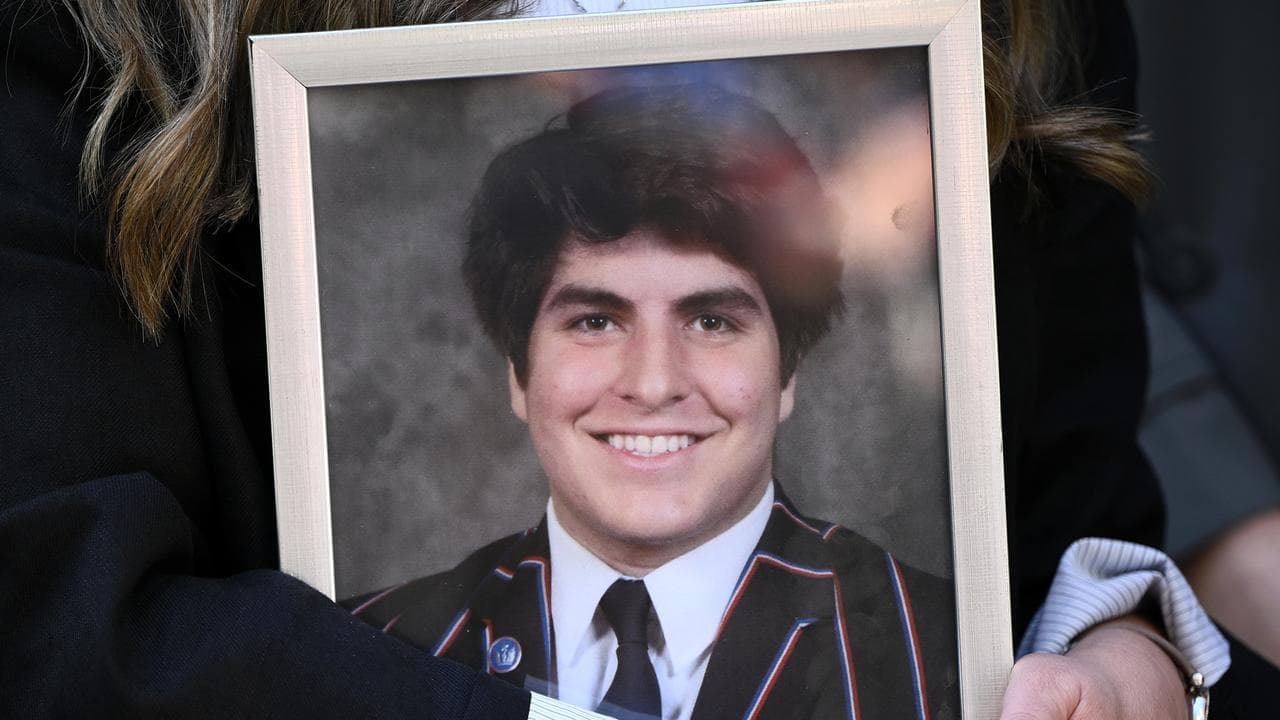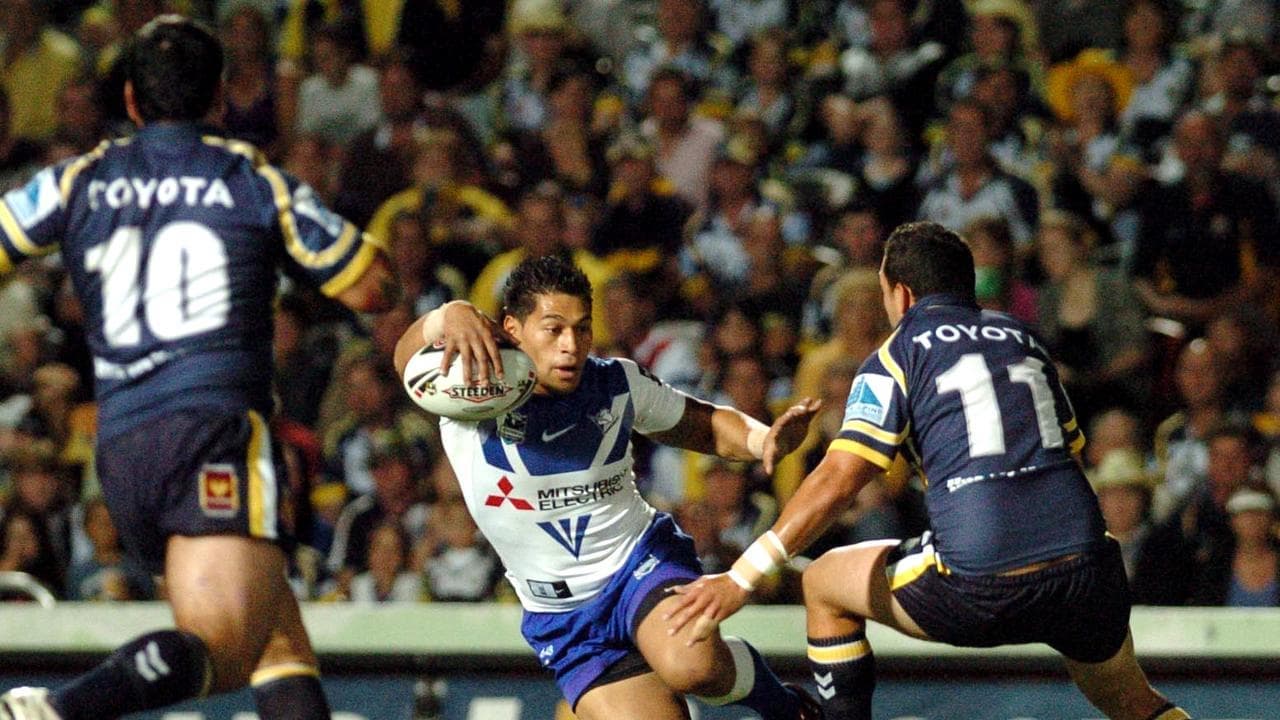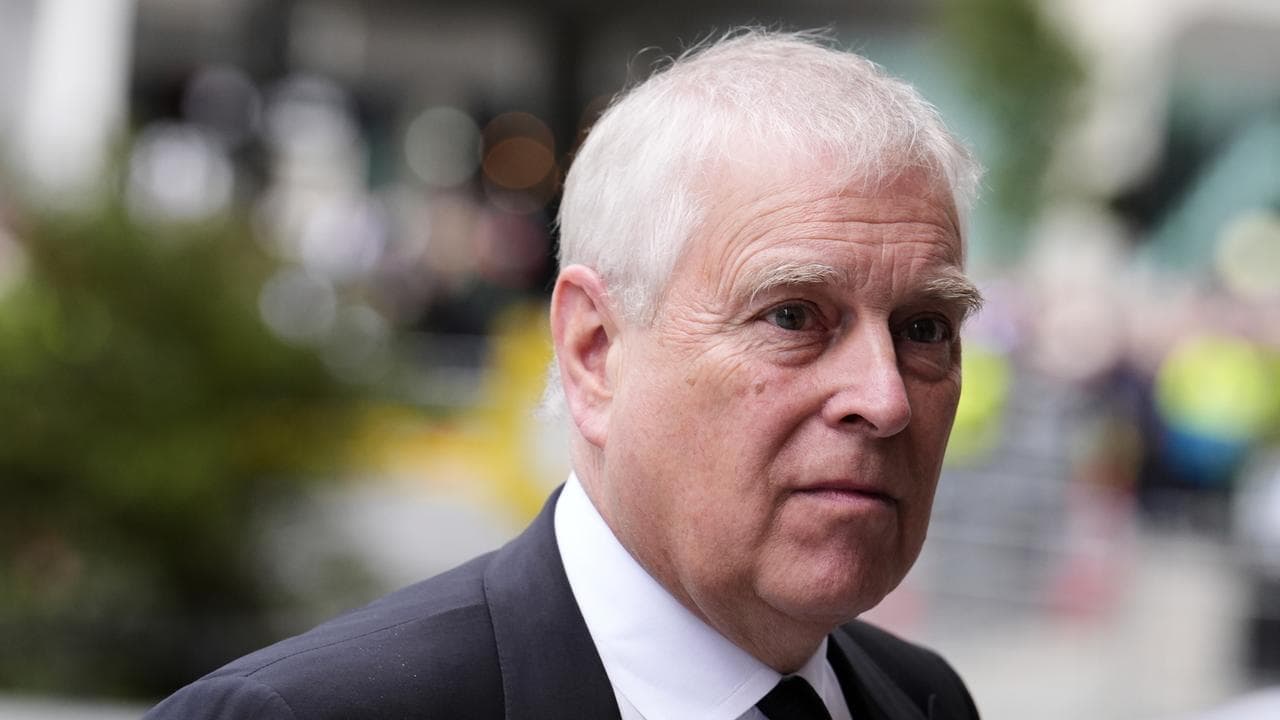WHAT WAS CLAIMED
A successful 'yes' vote will result in Indigenous people becoming Australian citizens and losing their sovereignty.
OUR VERDICT
False. Indigenous people are already Australian citizens and the voice would not change their sovereignty status.
A post featuring several patently false claims about the Indigenous voice has gone viral on social media.
The Facebook post (archived here) features a number of well-worn falsehoods as well as some fresh misinformation.
It has spread far and wide with examples here, here, here, here, here, here and here.
The first falsehood on the list is the claim Indigenous people will become Australian citizens and lose their sovereignty if the voice is approved.
Aboriginal and Torres Strait Islander people are already citizens. They were granted citizenship along with all Australians in 1948.
However, as this previous AAP FactCheck debunk explored, this did not result in Indigenous people being conferred with "full rights".

Sovereignty is a complex issue and means different things to different people.
However, Anne Twomey, emeritus professor in constitutional law at the University of Sydney, said the voice has no connection to ceding sovereignty.
Professor Twomey said this could only happen by way of an agreement, such as a treaty.
Associate Professor Harry Hobbs, an expert in Indigenous-state treaty-making at the University of Technology Sydney, agreed.
"The only people who can cede sovereignty are the people who possess sovereignty," Dr Hobbs told AAP FactCheck. "You can't cede something unless you explicitly agree to cede it."
The second false claim in the post is that two questions will be asked at the referendum.
The author states: "If you vote yes on one question it defaults to a yes on both".
AAP FactCheck has already debunked this claim.
The single question which will be put to the public on October 14 was decided by parliament in June with the passing of the Constitution Alteration Bill.
If another question was to be added, parliament would need to pass another bill, the Australian Electoral Commission confirmed to AAP FactCheck.
The post also claims the voice is part of a plan by the United Nations for the government to make Australia a republic and "take over private property ownership". The post claims this can only happen by including Indigenous people in the constitution.
AAP FactCheck previously debunked this bizarre claim, finding the UN does not have any power over domestic matters in Australia or control over property.

Australia can become a republic regardless of the inclusion of Aboriginal and Torres Strait Islander people in the constitution.
The claim has also been linked to a fabricated quote supposedly from former deputy prime minister Kim Beazley.
The post also claims voting 'yes' gives away your property rights.
The voice has no impact on land or property rights, as AAP FactCheck explained previously here and here.
The post also includes some fresh misinformation - that the government has recruited 30,000 people to go door-knocking to encourage a 'yes' vote.
The volunteer effort has been organised by the Yes23 group.
While Prime Minister Anthony Albanese's Labor government supports the voice proposal, it is not part of Yes23.

The Yes23 campaign's board members are not government-affiliated and the organisation is not government-funded.
AAP FactCheck previously explained the Australian government is not funding the 'yes' or 'no' campaigns.
Section 11(4) of the Referendum (Machinery Provisions) Act 1984 strictly prohibits public funding expenditure to favour or harm referendum campaigns.
The Verdict
The claim the Indigenous voice would result in Aboriginal and Torres Strait Islander people becoming citizens of Australia and ceding their sovereignty is false.
Indigenous people are already citizens and experts told AAP FactCheck the voice is not connected to sovereignty.
The post makes several other false claims including that the referendum will feature multiple questions and that the voice is part of a UN-backed land grab.
False - The claim is inaccurate.
AAP FactCheck is an accredited member of the International Fact-Checking Network. To keep up with our latest fact checks, follow us on Facebook, Twitter and Instagram.












